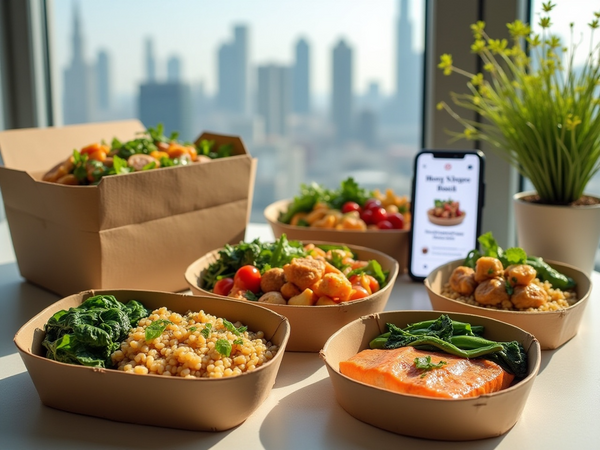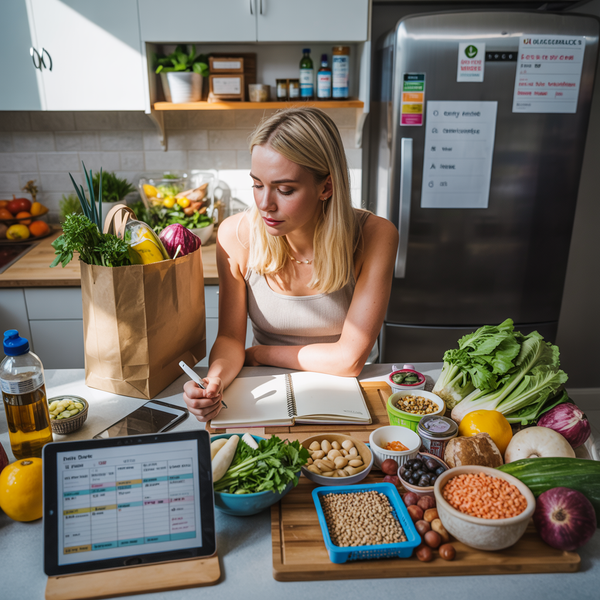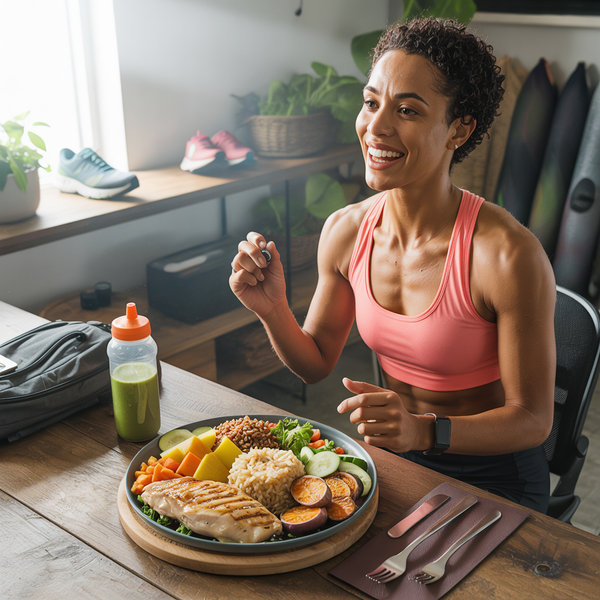Basiligo on Khaleej Times: KT For Good: Got leftovers? Great, turn them into a new dish
by Elloww Team

In the kitchen of Nazia Rashidee, mum of two, leftover sabji (sautéed vegetables) never goes to the bin: She turns it into a soothing porridge - a combination of rice and yellow moong dal (lentil), with the mildly sweet flavour of coconut milk, perfect for Iftar.
Rashidee is one of the food conservation champions who believe that "all food can be saved". It is a mantra that even seasoned chefs live by.
Khaleej Times caught up with these 'food heroes' to learn the steps they take to save food from wastage.
Rashidee has long loved food, developing an interest in cooking at the age of 12. And she grew up learning the value of food conservation from her mum and aunts who had always made it a point to maximise all the food items they have.
"We lived in a large joint family, so there was always a large amount of cooking," said Nazia, who is also a co-founder of Munch Mondays, a collective of food lovers and professional chefs who share food handling, cooking, and safety tips to food enthusiasts.
"I cook every day, once a day in the afternoon, and I utilise the food for lunch and dinner. I make up to two varieties of vegetables, and a combination of different kinds of food," she said.
For example, for breakfast she makes upma (thick porridge from dry-roasted semolina or vermicelli) with vegetables. "This dish is very popular in the Muslim community in Bangalore, India. If I wish to prepare continental food, I go for eggs benedict, and use leftover bell peppers or mushrooms and add parsley or coriander that I used in the upma."
She also pre-marinates chicken in simple spices and uses leftover dishes, such as sautéed vegetables and meat, to make porridge, quesadillas, wraps, and other dishes.
Besides transforming leftovers into new tasty meals, saving food is also about the proper handling of ingredients, she said.
In terms of reinventing dishes to accommodate excess food, sky is the limit for homemakers.
This freedom and flexibility, however, don't apply in professional kitchens where using up leftovers is strictly prohibited. So, chefs devise their own methods to make sure that dishes don't get thrown in the trash and fresh food items are completely utilised.
"Strict meal planning, proper handling of ingredients, and creation of cross-over menus can help save food from wastage," said Segrio Quinonez, chef of Tribeca Kitchen in JBR.
At Basiligo Restaurant in Abu Dhabi, on the other hand, orders are taken in minimal quantities and in small batches. "If we make big batches, it ends up in the garbage," said Sarath Chenni Veettil, general manager of the restaurant. "We cannot use leftover food in the business. So, when there are leftover ingredients, such as roasted lamb in the menu, we use the leftover portions to make sandwiches or salads."
The company has also partnered with BonApp, a mobile application that sells excess food from restaurants at a 35 to 50 per cent discount.
Planning meals can be a challenge in a restaurant as a chef cannot always predict the number of people who could turn up in a day. Quinonez from Tribeca said: "To manage quantity, chefs do seasonal forecasting where they predict the number of diners based on the season."
KT tips and tricks for the #FoodSoldier in you
Throughout the course of our campaign, Khaleej Times will reveal three food conservation tips and tricks every day.
1-Use it all
Bonus: Skins and stems often provide additional nutrients. So, when cooking, use every piece of whatever food you're cooking with.
2-Store better
If you are regularly throwing away stale chips/cereal/crackers, etc., try storing them in airtight containers.
3-Repurpose leftovers scraps
Use vegetable and meat scraps in homemade stocks and broth.




